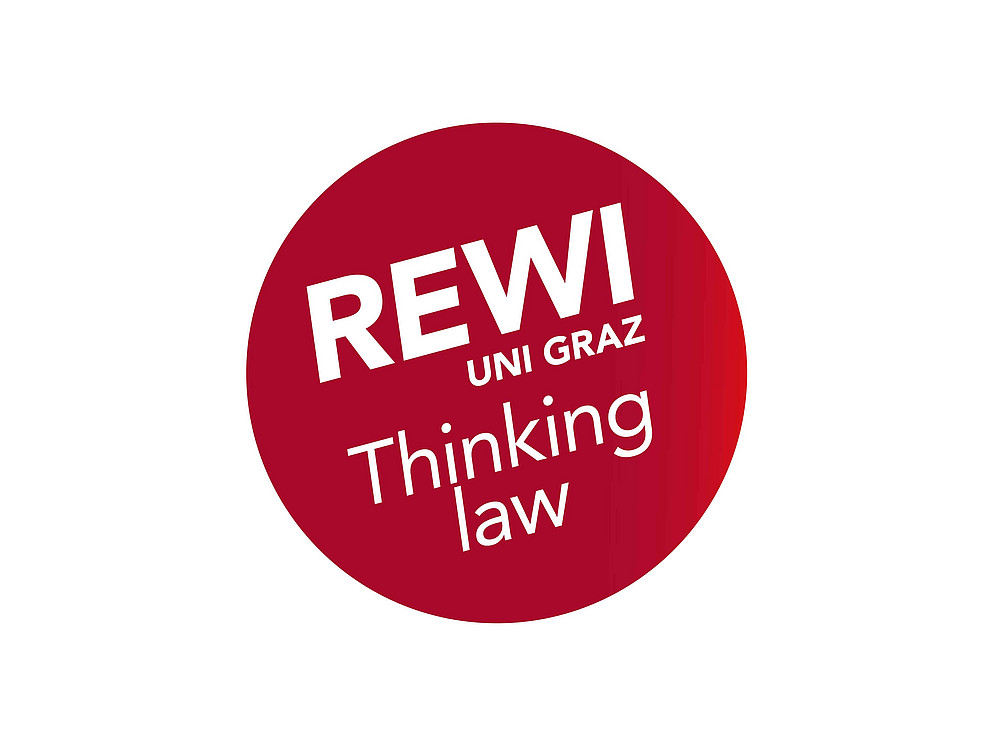
Our key areas of expertise reflect the broad spectrum of our Faculty members' research interests. We are participating in the University's fields of excellence Climate Change, Dimensions of Europeanisation and Smart Regulation, as well as in a number of research networks and clusters linking researchers beyond faculty boundaries. Further, we have established several internationally renowned research centres. Specific information about our Faculty members' research interests is available at the respective institute's website.
Fields of Excellence are distinguished by outstanding achievements, international success and socially relevant topics. In the University's Fields of Excellence, researchers link up across traditional faculty boundaries to explore complex issues such as climate change or digitalisation, and develop new strategies to tackle them. Our Faculty is actively involved in theseinterdisciplinary Fields of Excellence:
Climate Change
Climate Change is one of the five interdisciplinary Fields of Excellence of the University of Graz that build on over 25 years of research and connects over a hundred researchers across disciplines to investigate climate change and the economic, production-related, social, political and legal changes that are necessary for a sustainable transformation.
Our Faculty is supporting young researches through the Doctoral Programme Climate Change and has recently inaugurated its very own Climate Law Centre (ClimLaw: Graz). The Faculty also engages in a variety of projects, such as the project “QUALITY: Qualitative change to close Austria´s Paris gap: shaping the pathway” and “LEXAT: Legitimate Expectations and Austria’s Transformation to a Low-Carbon Society and Economy”.


Dimensions of Europe
The Field of Excellence Dimensions of Europeanization deals with social transformation processes in Southeastern Europe from a comparative perspective: it explores changing discourses about the understanding, organization, and in particular the unification of the material and figurative territory referred to as “Europe” in time and space and questions conventional dichotomies such as East and West, and Centre and Periphery.
The Centre for Southeast Europen Studies was built on the historically grown research expertise in Southeastern Europe and features the Balkan in Europe Advisory Network as well as the interdisciplinary Journal “Contemporary Southeastern Europe”. As well, our Faculty is involved in a series of research projects, among others the Horizon2020 project “Contests of extremisms in MENA and Balkan societies”.
Smart Regulation
The Field of Excellence Smart Regulation addresses technical innovations, such as the flood of digital data, Industry 4.0 or self-driving cars and their economic and regulative impact. Researchers at the University of Graz are exploring how to best meet these challenges through regulatory models, behaviour management and ways to influence the decisions made by individuals, companies and society.
Our Faculty is also active in a variety of projects, such as the Horizon projects "ETAPAS- Ethical technology adoption in public administration services" or the project "Education for Standards in the EU".

Research networks
Research networks and clusters complement the profile areas. The Faculty of Law is currently involved in the following:
How does digitalization affect people, their activities and their lives? Researchers in the Human Factor in Digital Transformation network are investigating these topics from a wide range of perspectives - from the humanities to systems science and theology.
The Heterogeneity and Cohesion research network focuses on the question of how the cohesion of social groups develops in the context of increasing social diversity. The problem of social cohesion is becoming a pressing issue due to the increasing fragmentation and individualization of living conditions.
The Conflict - Peace - Democracy Cluster (CPDC) pools complementary expertise and resources in the field of conflict, peace and democracy. The Cluster aims to contribute to peaceful, non-violent and non-discriminatory social progress. In this context, it strives to increase its visibility in the political and social landscape within and outside Austria.
